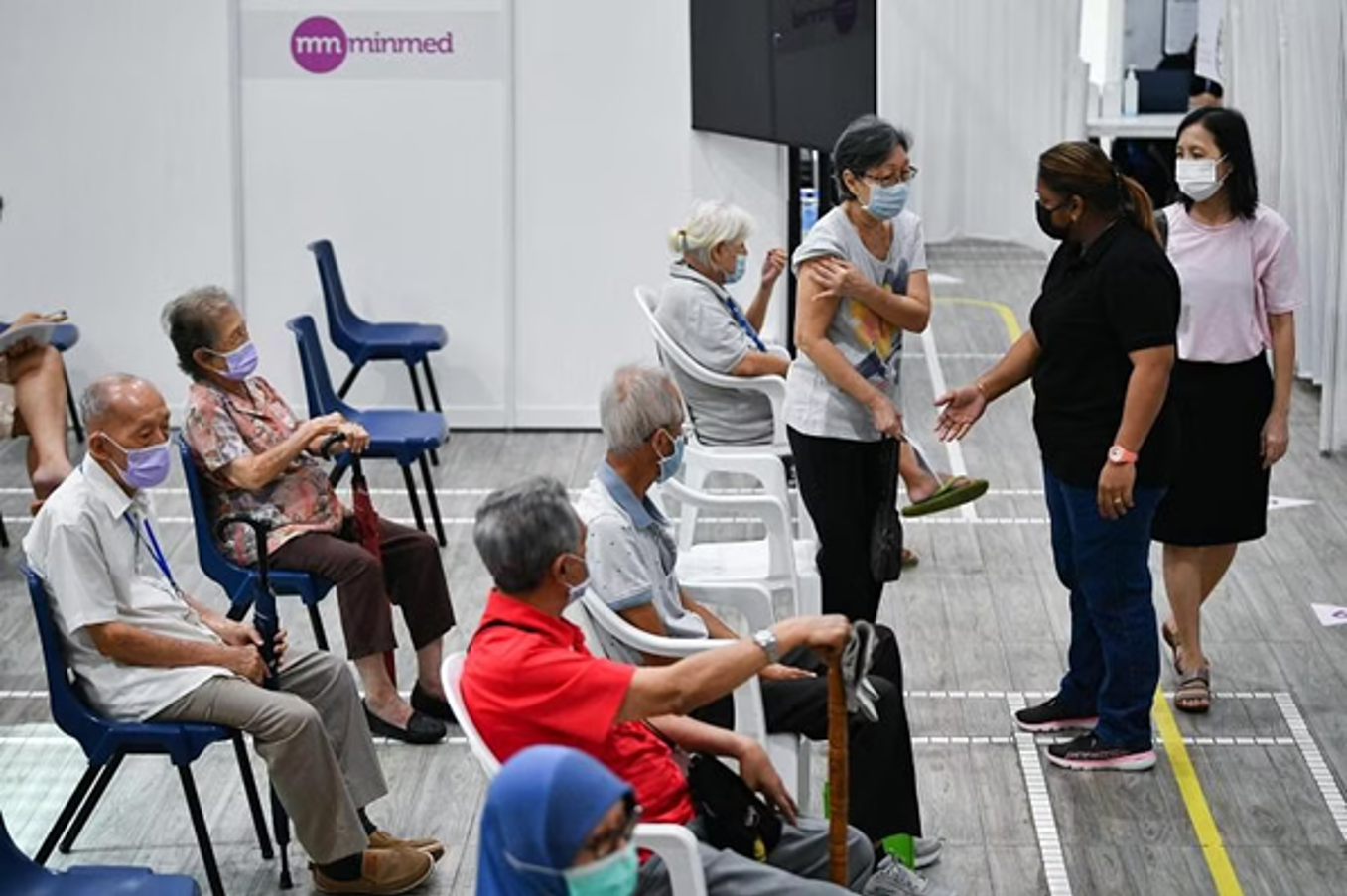COVID-19 vaccine protection wanes faster among the elderly: Singapore study
17/04/2024

With COVID-19 still prevalent in residential aged care homes (209 Australian homes have the virus circulating on 11 April), this is a timely warning to residents to keep up booster vaccinations.
The study led by Dr Vanda Ho, a PhD student at the Department of Microbiology and Immunology, and Immunology and Infectious Diseases Translational Research Programmes at NUS Yong Loo Lin School of Medicine, Singapore, found in people over 65, protection from the first two doses of vaccine wanes faster as they have a lower immune cell count.
The study involved 29 participants, 14 of whom were aged between 66 and 82, and the rest being aged between 25 and 39 years. They all received two doses of Pfizer’s mRNA Covid-19 vaccine.
The findings of the study were published in the peer-reviewed journal Ageing Cell in February.
“Older adults had a significant increase in neutralisation after the second dose, but this was still lower than the younger adults, despite the former being robust,” said Dr Ho.
Dr Ho, a geriatrician at Singapore's National University Hospital, said immune cells play a key role in helping to produce antibodies that neutralise potential viral infection, but the immune cell count is lower in older adults.
“From our study in the Covid-19 mRNA vaccination... with fewer immune cells, older adults have a smaller vaccination response (compared with) younger adults,” she said.
“From my study, older adults have a relative deficiency in a specific immune T cell type, and this correlates with the smaller neutralisation activity in older adults when the cells are exposed to the virus parts in the lab.
“The two doses (of the Covid-19 vaccine) were the first finding we had, and we are currently looking into booster vaccination and hybrid immunity data. We are currently recruiting people who are planning for their fourth or further booster vaccination of any type.”
In Australia, the Department of Health and Aged Care state that 72.7% of aged care residents have received a booster dose since 1 January 2023 as of 10 April 2024.














